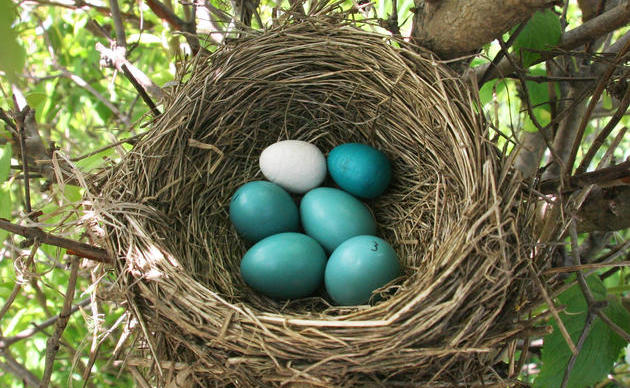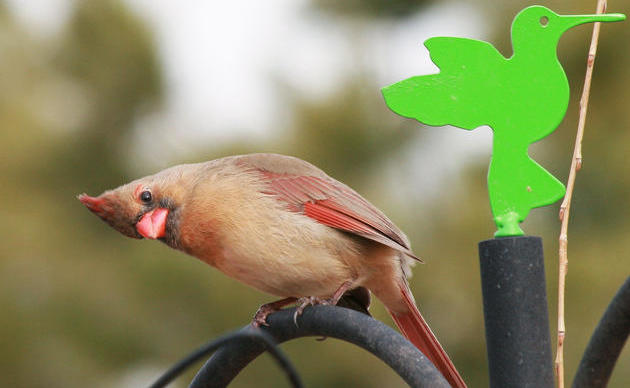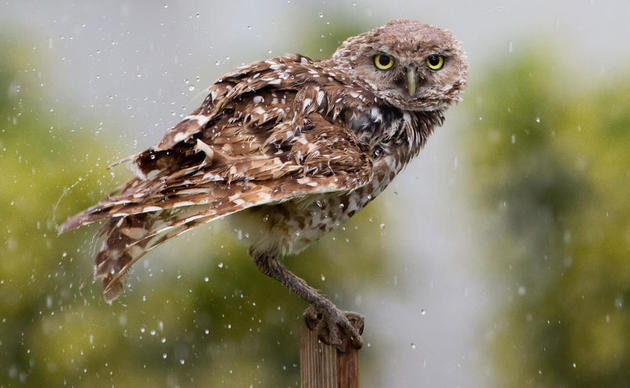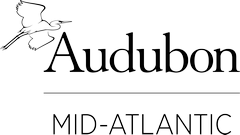Audubon Mid-Atlantic spoke recently with Calvin Norman, who has completed the Audubon Forester Training and Endorsement Program. Calvin works with NexGen Forestry, LLC, and covers forested area in central Pennsylvania. His work encompasses 33 counties within the state, although he travels occasionally to other regions of Pennsylvania.
What lead you to become interested in forestry?
My interest in the field started in college, where I dual-majored in forestry. I’ve always loved working with trees, and many of our terrestrial animals rely on forested space.
Where did your interest in bird-friendly forestry come from, and why is it important?
Birds are charismatic, which often results in people developing close associations with birds and bird watching. Many forest-dwelling birds require dense and brushy habitat, and that this habitat can be created and maintained by foresters. This gives us an achievable goal from a forestry perspective – this work feels and looks good, and encourages people to get out into nature.
How did you benefit from the endorsement process? Any key takeaways about wildlife management?
The forester endorsement training helped me to meet people’s objectives with healthy forestry, and helped me to determine what will “click” for private landowners.
How did the training influence your work?
My work requires data to be collected on forest-dwelling birds, and the training process was straightforward and aligned with that work. I recommend the program for potentially interested foresters - the included webinars are very informative, and the process and knowledge gained during the training is very rewarding!”
Thinking about becoming involved with the Audubon Forester Training and Endorsement Program? Read more about the program on our website and contact our Forest Program Associate, Joshua Rittenhouse (joshua.rittenhouse@audubon.org), to get started today!
Audubon’s Delaware River Watershed Program Director Tapped to Shape Regional Watershed Plans and Climate Resiliency
With appointments to two regional commissions, Audubon aims to influence conservation and policy to protect the birds and people of the watershed.





